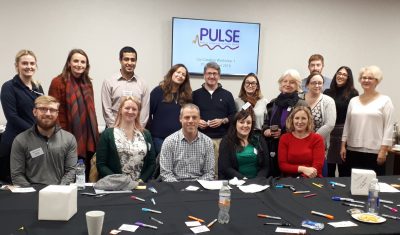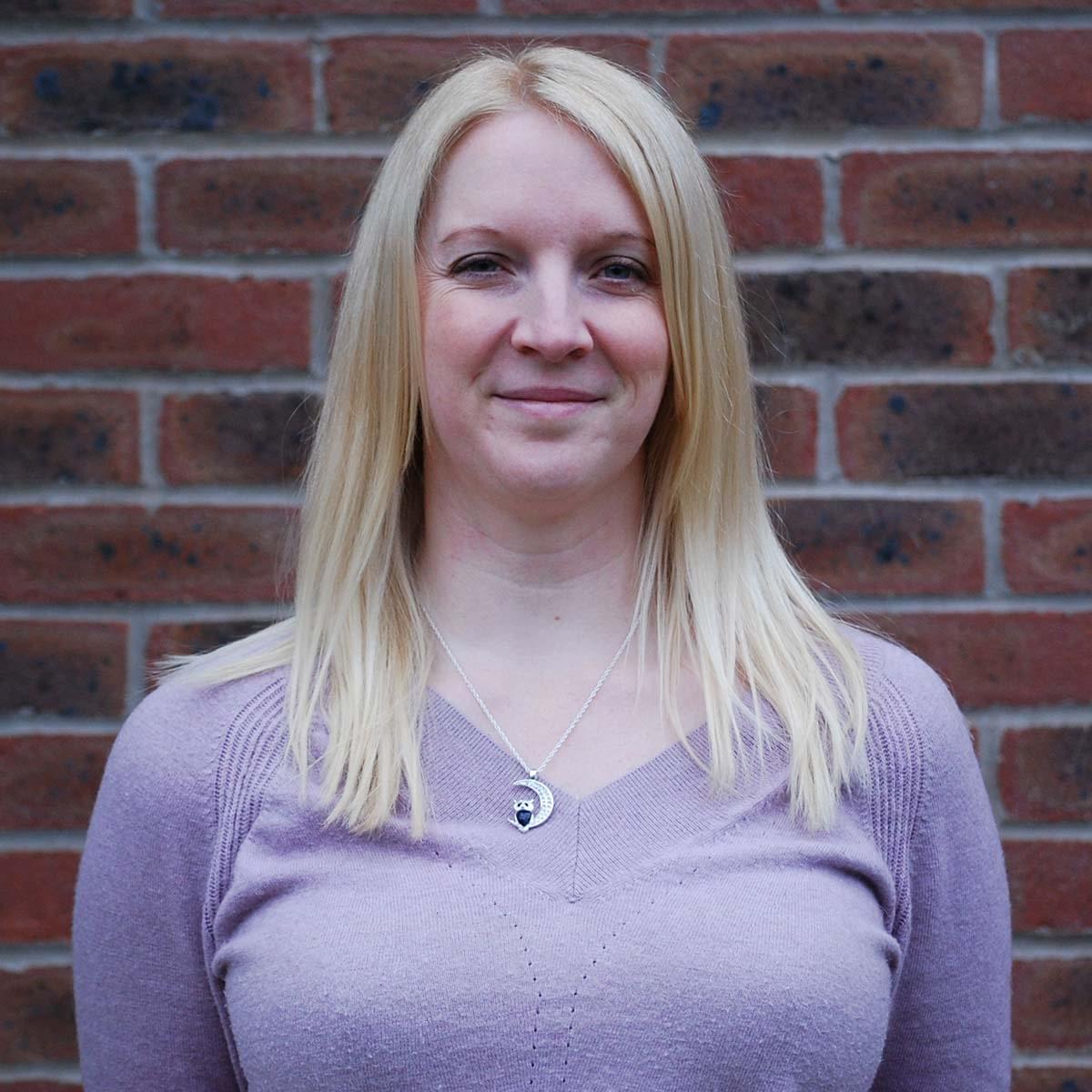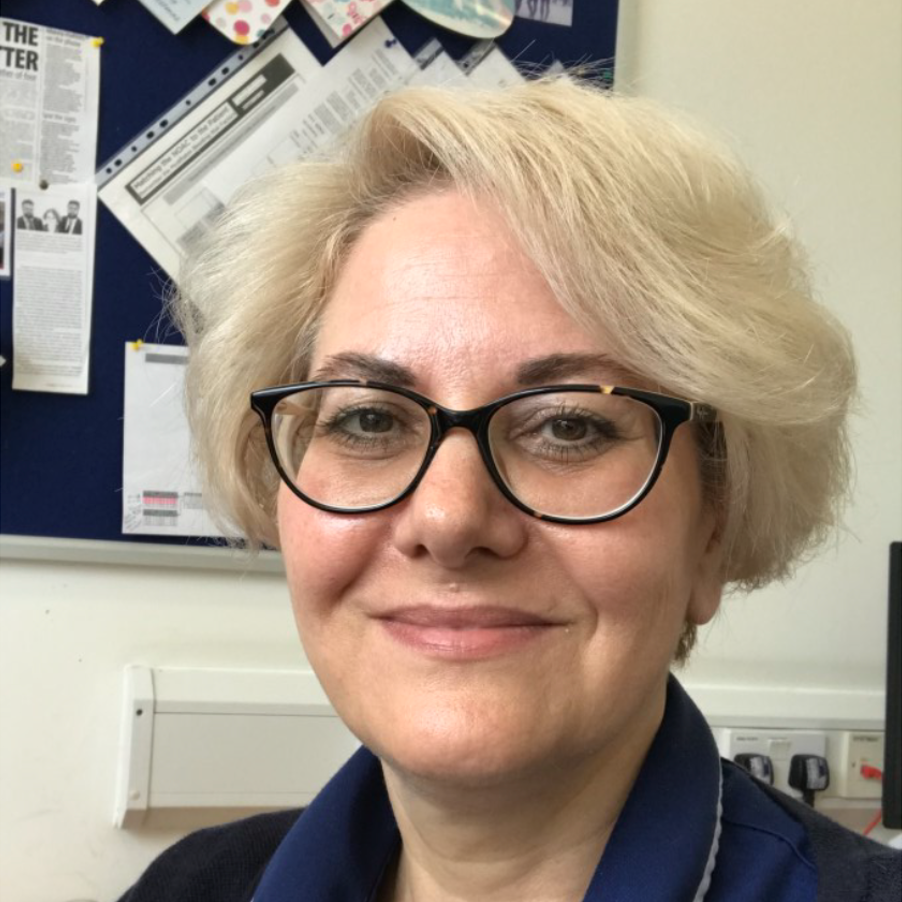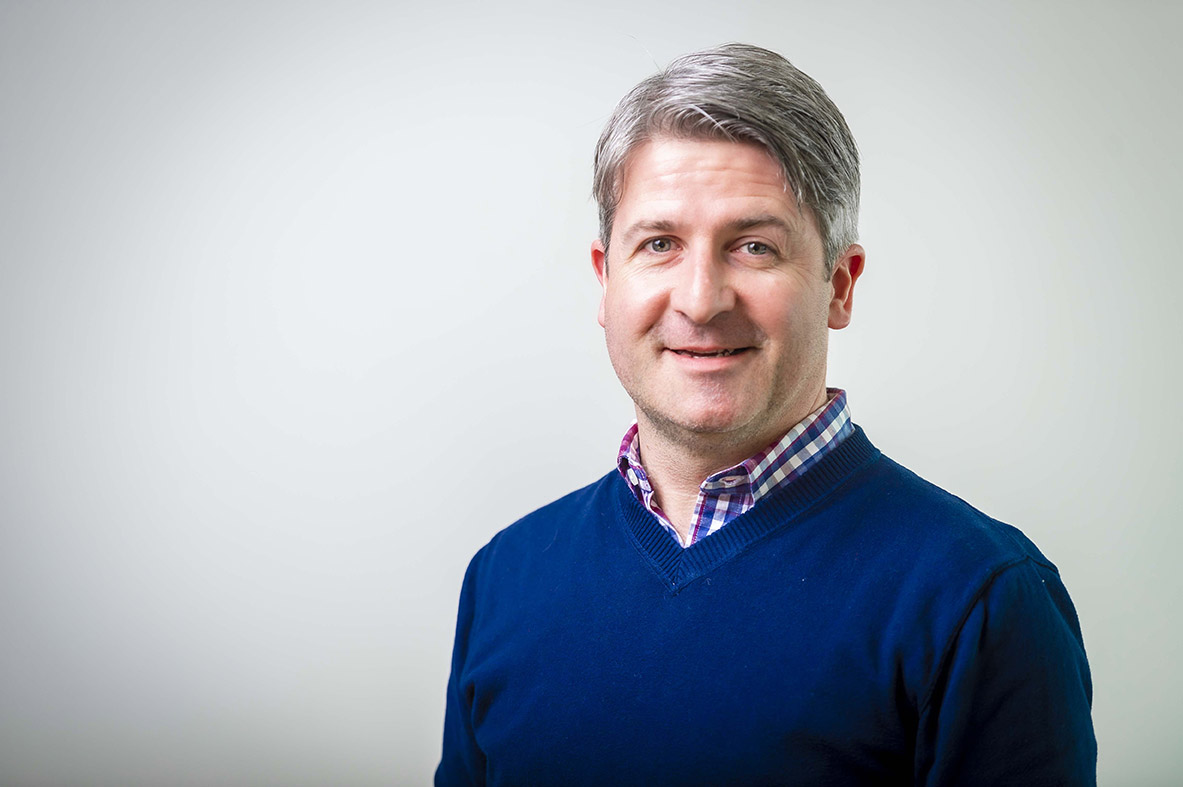
Postural Tachycardia Syndrome (PoTS) can seriously effect well-being and quality of life, due to its many disabling symptoms. The condition mostly (but not only) affects women aged 13 to 50. People with PoTS have an abnormal heart rate rise when they stand up, with symptoms including palpitations, dizziness, fainting, and long-lasting fatigue. Attending education, earning a living, and caring for dependants can be severely affected, and the impact on the healthcare system is significant. Medical treatment is not always effective for PoTS, but active living interventions like exercise may help some people.
While putting the funding application together for this funding, we ran focus groups with 17 people with PoTS and those who support people with PoTS (and received emails from some who couldn’t attend with their thoughts). We discussed together what we wanted to gain funding for and specific considerations for people with PoTS. We successfully received the funding from the British Heart Foundation. We aim to find out if people with PoTS will enrol on, and complete, a supervised active living programme.
PULSE stands for PostUraL Tachycardia Syndrome Exercise Study but it is much more than that and uses the term ‘exercise’ to mean a supportive activity intervention tailored specifically for people with PoTS and to each individual.
Stage 1 – completed
To co-create the intervention with people affected by POTS and other relevant stakeholders. To do this, we held a series of workshops with people who have been diagnosed with POTS, friends and family members, physiotherapists, nurses, and academics.
We used a series of co-creation activities to explore and understand from a variety of viewpoints what kind of lifestyle and exercise intervention might be useful and manageable for people with PoTS.
We also wanted to explore how best to go about making sure that the intervention works, and when testing such an intervention how to make such a trial as feasible as possible for people with PoTS to get involved – for example, making sure we are asking the right questions, and that taking part in testing elements (e.g. physiological testing, completing questionnaires, taking part in interviews) is not too onerous. We published a protocol for this intervention and have since further co-created this in response to COVID-19. The updated protocol was ethically approved and has now been published. The process of co-creating the intervention and feasibility trial is online here.
Stage 2 – in process
Following the co-creation of the active living intervention for people with PoTS, we have been recruiting patients at University Hospital Coventry and Warwickshire NHS Trust and Imperial College London NHS Trust. This is a randomised feasibility study aiming to recruit a maximum of 62 participants (31 intervention, 31 control) who will be randomised to the PULSE intervention or usual care.
Process-related measures will include eligibility, recruitment, and intervention and outcome measure adherence. Physiological, clinical and health related measures will include the short physical performance battery, increase in heart rate from supine to 10-minute stand, and quality of life.
Participants will need to be registered to the syncope clinics at the two NHS recruitment sites for access to the feasibility trial testing this intervention. Only adults with a formal diagnosis of PoTS will be eligible. We will screen all people with PoTS attending syncope outpatient clinics at these two hospitals. This will allow us to fully understand the clinical pathway from diagnosis and treatment, to rehabilitation through an active living intervention.
We will interview a sample of participants to explore perceptions, opinions, acceptability and experiences of trial procedures, the PULSE intervention, and outcome measures. This will include participants who finish the study, participants who drop-out, and those who declined participation.
The PULSE study team and co-creators include (plus others that wish to remain anonymous):
Funding: British Heart Foundation Project Grant (PG/19/22/34203): £190,405 awarded to Coventry University April 2019.

Associate Clinical Professor
Gordon worked as a Clinical Exercise Physiologist in Cardiopulmonary Rehabilitation before completing a PhD and embarking on a clinical academic career specialising in exercise rehabilitation interventions.

hEDStogether lead
Gemma is the lead for this world-leading hEDS together research theme, she is involved in all of the featured research projects and has hEDS/HSD herself.

BHF PhD nurse fellow
Helen is a British Heart Foundation PhD nursing fellow and is currently involved in developing a supported self-management programme for people with POTS.

Senior Designer
If not sailing along the Thames, Paul can be found looking upwards at great architecture or gazing out of the studio window. With coffee.

Design Manager
Nikki is a Design Manager at Coventry University with a passion for using creative research methods to involve stakeholders in the development of healthcare technologies and services
Follow us for the latest on hypermobile Ehlers Danlos Syndrome and Hypermobility Spectrum Disorders.